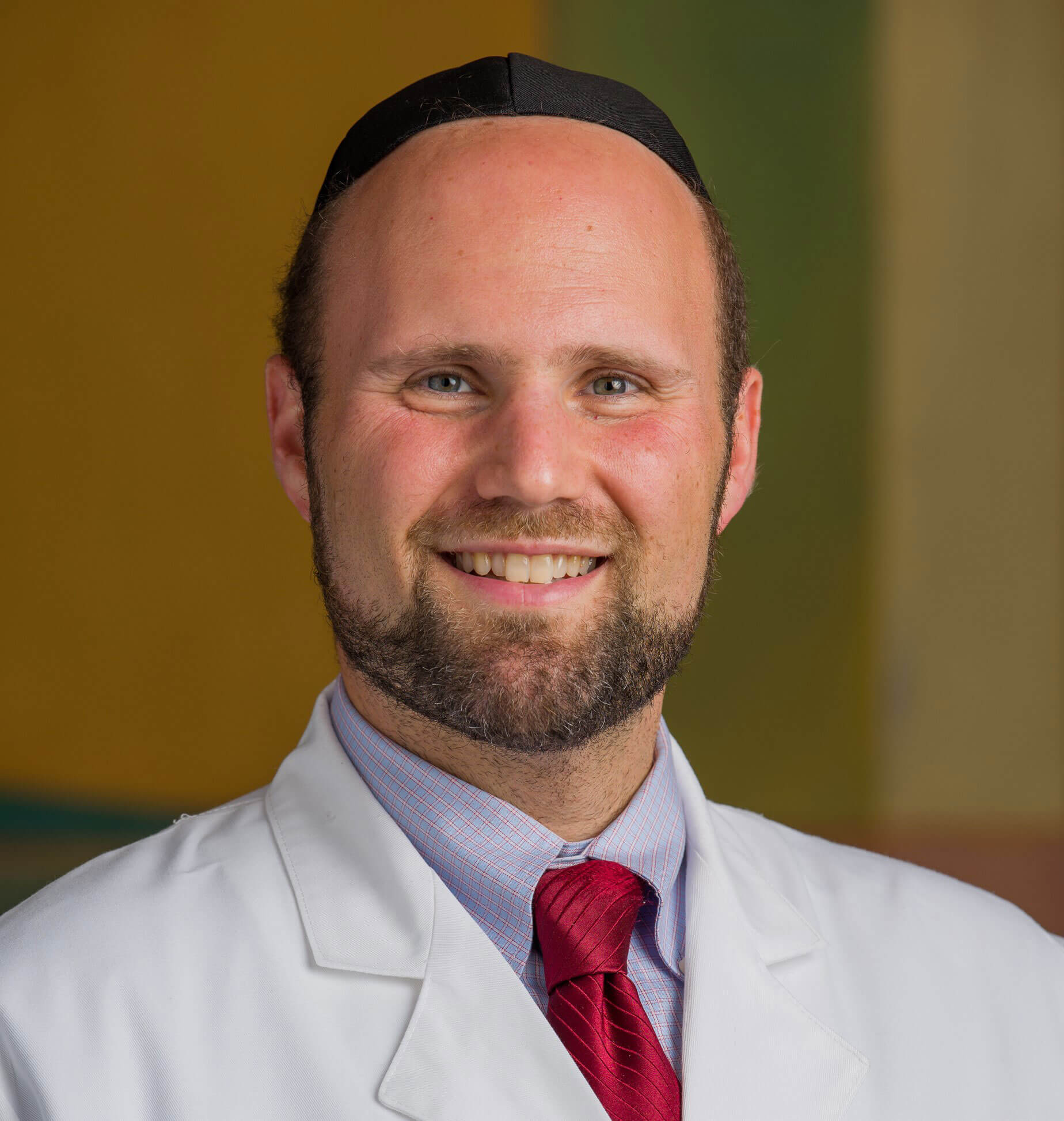New Center Advances Integrated Care for Diabetes and Metabolic-Linked Cardiovascular and Renal Disease
October 21, 2020
CINEMA offers a novel holistic approach to treatment and risk mitigation
Innovations in Cardiovascular Medicine & Surgery | Fall 2020
While physicians have long recognized the link between diabetes and cardiovascular disease, national prevalence estimates are staggering:
 Ian Neeland, MD, FAHA
Ian Neeland, MD, FAHA- 27 million adults are diagnosed with diabetes
- An additional 8 million have undiagnosed diabetes
- 91 million have prediabetes, putting them at high risk for cardiovascular and renal disease
- Heart disease continues to be the leading cause of death in people with diabetes
“We know that diabetes increases the risk of heart and kidney disease multifold, yet 80 percent of American adults with diabetes are either uncontrolled, untreated or unaware of their condition,” says Ian J. Neeland, MD, FAHA, director of cardiovascular prevention and co-director of the Center for Integrated and Novel Approaches in Vascular-Metabolic Disease (CINEMA) at University Hospitals Harrington Heart & Vascular Institute. He is also an associate professor at Case Western Reserve University School of Medicine.
Amid a burgeoning public health crisis, leaders at UH Harrington Heart & Vascular Institute established CINEMA to address the complex and multifaceted challenges diabetes presents. “The reality is that diabetic patient encounters with cardiology outnumber encounters with endocrinology by four to one,” Dr. Neeland says. “We saw an opportunity to improve outcomes that was being missed.”
Through this unique collaboration, a multidisciplinary team is reimaging care delivery by harnessing expertise throughout the nationally recognized health system. Specialists work in concert to leverage their knowledge of metabolic disease, with input from:
- Cardiology
- Nephrology
- Endocrinology
- Advanced imaging experts
- Certified diabetic educators
- Nurse navigators
- Dietitians
- Exercise physiologists
A SINGLE POINT OF CARE
Unlike traditional models of care — which involve patients scheduling multiple appointments and traveling to various locations — CINEMA consolidates access to providers. “Multiple visits over multiple time points can be tiring and taxing for patients, decreasing adherence to therapies,” Dr. Neeland says. “What makes CINEMA unique is that the care team meets virtually with the patient from the comfort of their home environment.”
After a physician referral to the program, each patient enrolled in CINEMA begins with a thorough assessment during their initial virtual appointment. In addition to gathering information about their diabetes, patients are screened for risk factors, including hypertension, elevated cholesterol, obesity and a history of smoking. The CINEMA team then reviews each case to develop individualized treatment plans.
“The integrated team approach hybridizes expertise that has historically been isolated in separate silos and allows us to manage and prevent cardiovascular and metabolic disease by personalizing treatment, lifestyle modifications and pharmacological therapies to each individual patient,” Dr. Neeland says. After three months, patients graduate from the program but continue to receive support through ongoing touchpoints with the nurse navigator.
PROMISING DEVELOPMENTS
In recent years, two new classes of medication originally developed for diabetes have demonstrated significant benefit for decreasing the risk of death from heart disease, heart failure and progression of kidney disease.
"Multiple trials have shown that SGLT2 inhibitors and GLP-1 receptor antagonists reduce cardiovascular and renal events in patients with diabetes,” Dr. Neeland says. “The challenge is that widespread acceptance of this approach has been buffered by skepticism on the part of many practicing cardiologists.”
Through CINEMA, cardiologists are able to offer these therapeutics and monitor their effectiveness in appropriate patients.
Patient education is another essential component of CINEMA. Substantial investment in virtual technologies is enabling UH providers to support patients along their wellness journey, connecting them to webinars and other resources that encourage healthy lifestyle choices.
“We want to be on the forefront in terms of education to empower people to engage in their healthcare and inform our community about the dangerous link between diabetes and heart and kidney disease,” Dr. Neeland says.
A CINEMA registry will track longitudinal outcomes and patient biomarkers, stimulating opportunities for clinical and translational research within the UH community. “As we work to develop a nationally recognized prevention center, we are looking at the implementation science of offering these programs on a wider scale,” Dr. Neeland says.
Additionally, CINEMA will be integrated into the curriculum for University Hospitals cardiology fellow rotations. “Prevention and early intervention will be key components of the future of cardiology medicine,” he says. “We are training the next generation of cardiology providers.”
For more information about UH CINEMA, call 216-844-1357 or email CINEMA@UHhospitals.org.


